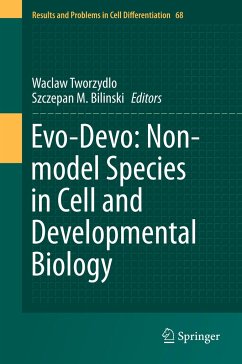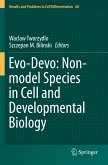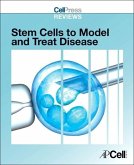Evolutionary developmental biology or evo-devo is a field of biological research that compares the underlying mechanisms of developmental processes in different organisms to infer the ancestral condition of these processes and elucidate how they have evolved. It addresses questions about the developmental bases of evolutionary changes and evolution of developmental processes.
The book's content is divided into three parts, the first of which discusses the theoretical background of evo-devo. The second part highlights new and emerging model organisms in the evo-devo field, while the third and last part explores the evo-devo approach in a broad comparative context. To the best of our knowledge, no other book combines these three evo-devo aspects: theoretical considerations, a comprehensive list of emerging model species, and comparative analyses of developmental processes.
Given its scope, the book will offer readers a new perspective on the natural diversity ofprocesses at work in cells and during the development of various animal groups, and expand the horizons of seasoned and young researchers alike.
The book's content is divided into three parts, the first of which discusses the theoretical background of evo-devo. The second part highlights new and emerging model organisms in the evo-devo field, while the third and last part explores the evo-devo approach in a broad comparative context. To the best of our knowledge, no other book combines these three evo-devo aspects: theoretical considerations, a comprehensive list of emerging model species, and comparative analyses of developmental processes.
Given its scope, the book will offer readers a new perspective on the natural diversity ofprocesses at work in cells and during the development of various animal groups, and expand the horizons of seasoned and young researchers alike.









